Continued Action Item: Speak Out Against PUC Nominee Glenn Vaad
Not Too Late to Urge Colorado Senators to reject the appointment of Glenn Vaad for PUC Commissioner
While Vaad’s ties to ALEC are important, most legislators may care more about his record. We also now understand that the nominee expressed an agnostic position regarding climate change. This view was given at a meeting with partner organizations and is absolutely untenable. Vaad has a record of voting against clean energy policies. He voted:
Against increasing the Renewable Energy Standard (HB1001) in 2010
Against Energy Efficiency Requirements (HB 1107) in 2008
Against Prohibiting Restrictions on Energy Efficiency (HB 1270) in 2008
Against Oil and Gas Commission Reconfiguration (HB 1341) in 2008
The PUC regulates telecom and transportation as well as utilities and his other votes indicate he won’t effectively regulate industry for the public good. To check out Vaad’s full voting record see VoteSmart.org.
Tell your Senator (and other Senators in Business, Labor and Technology or
Agriculture, Natural Resources, and Energy Committees) to:
Reject Vaad as the PUC nominee
Ask Vaad questions that reveal his anti-clean energy stances.
Example Questions for Vaad:
Are you aware that $900M in fuel costs were passed through to rate payers in 2012 without a public hearing? Do you feel that was appropriate? Do you see any problem with the incentives that are created for utilities when they are allowed to pass fuel cost through without oversight?
Are you in favor of allowing newly built generation resources to displace existing resources, if they are competitive with the marginal cost of generation?
Given that the generation of electricity from coal and natural gas accounts for 40% of Colorado’s greenhouse gas emissions, and you will play a key role in regulating that industry if confirmed, we would like to know your position on anthropogenic climate change. Can you please outline for us your understanding of climate change?
Were it deemed to be in the public interest, what would be the the most equitable and cost-effective way to accelerate the retirement of existing carbon intensive generation resources?
